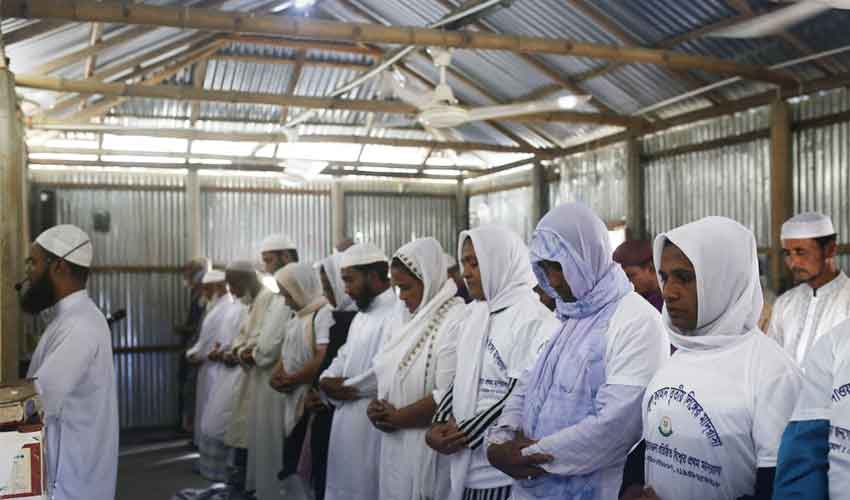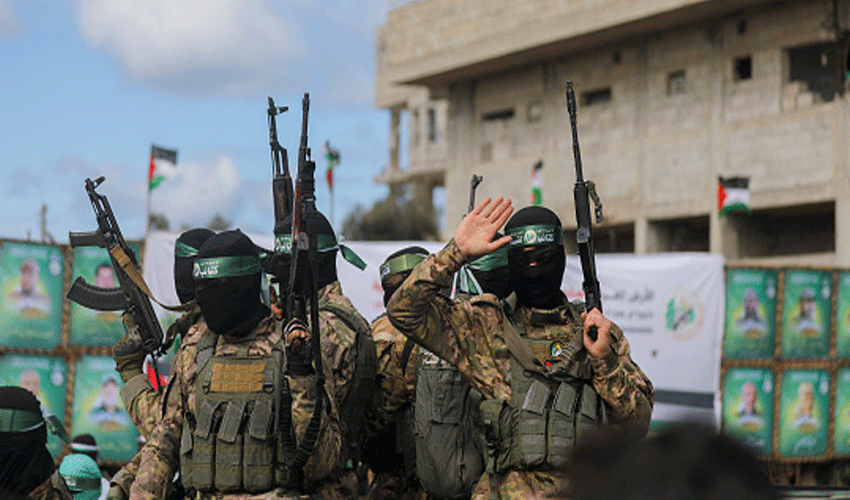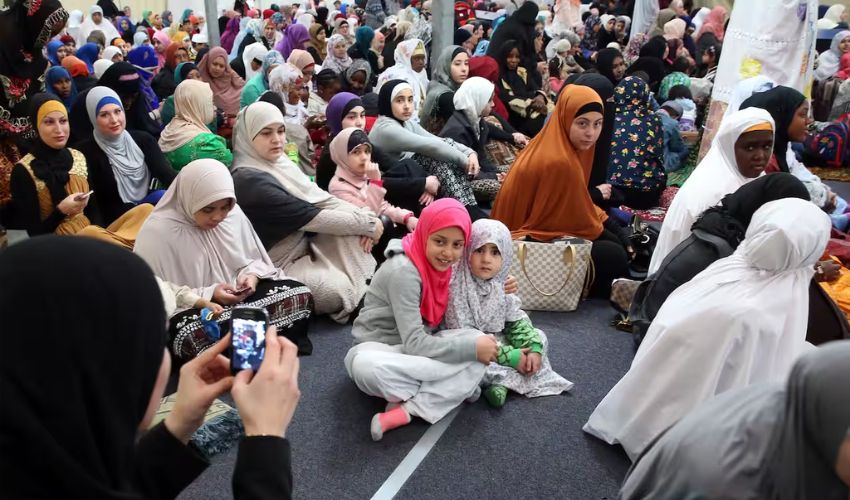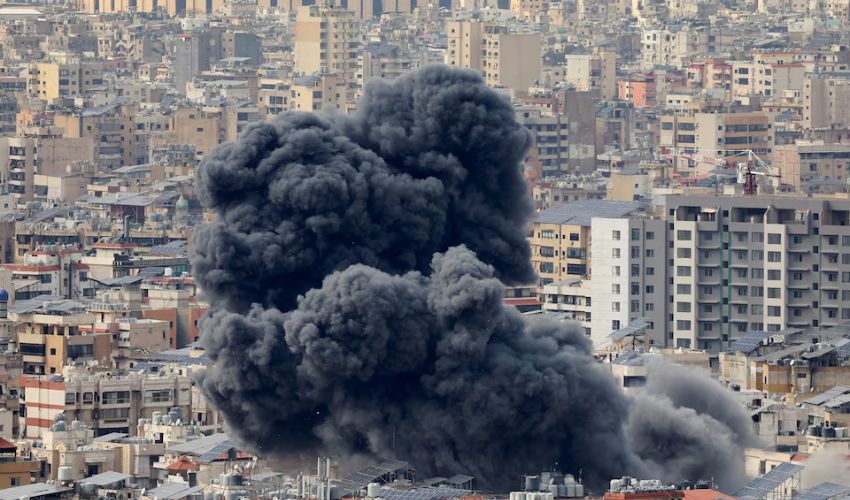After being expelled from other prayer services, the transgender hijra community in Bangladesh was welcomed into a new mosque with the assurance that they would be able to worship without facing any discrimination.
The modest building, a one-room shed with walls and a tin roof, serves as the minority's new community center. Although they have recently gained more legal and political recognition, they are still subject to pervasive prejudice.
Community activist Joyita Tonu addressed the crowded assembly, saying, "From now on, no one can deny a hijra from praying in our mosque."
"No one can make fun of us," the 28-year-old, whose hair was covered in a white scarf, continued.
Situated on the banks of the Brahmaputra river, north of the capital Dhaka, the mosque near Mymensingh was constructed on land donated by the government after the expulsion of the city's hijra community from an established congregation.
"I never imagined I could pray at a mosque again in my lifetime," said 42-year-old Sonia, who attended an Islamic seminary and enjoyed reciting the Quran as a child.
However, she was prevented from praying in a mosque after coming out as a hijra, the term used to describe transgender women in South Asia.
"We would hear comments like, 'Why are you hijra people in mosques?' from people. It is best for you to pray at home. "Please refrain from visiting the mosques," Sonia, who goes by one name, said to AFP.
"We didn't go because it was embarrassing for us," she continued. This is our mosque, now. Nobody can say no anymore."
Since 2013, members of the transgender community in Bangladesh have been formally permitted to identify as a third gender, a development that has benefited them greatly. A number of them have entered politics in Bangladesh; in 2021, a transgender woman was elected mayor of a small town in the country.
However, despite not having the right to own property or get married, the transgenders still struggle to be accepted on a basic level. In addition, they face discrimination in the workplace frequently and are far more likely than the average Bangladeshi to become victims of violent crime and poverty.
The inclusion of transgender Bangladeshis in school textbooks has angered hardline Islamist groups as well, sparking protests demanding the government give up on its efforts to include them in the curriculum.
A transgender charity's founder, Mufti Abdur Rahman Azad, told AFP that the new mosque was the nation's first of its kind. He said that local opposition last month forced the cancellation of a similar project that was scheduled for another city.
The Dakshin Char Kalibari Masjid for the Third Gender was constructed this month thanks to the labour and financial contributions of dozens of local hijra women. In response to a local Muslim cemetery's refusal to bury a young trans woman within its grounds last year, it also features a cemetery.
Abdul Motaleb, a 65-year-old imam of the mosque, declared that the persecution of the hijra community went against the principles of his faith. The cleric told AFP, "They are like any other people created by Allah."
"Humans are what we are all. All of them are human, even though some may be men and some women. No one can be denied the ability to pray because Allah made the Holy Quran accessible to all."
Motaleb stated that the faith and resilience of the transgender could serve as a lesson for other Bangladeshis. "Their character and deeds have impressed me since I have been here at this mosque," he remarked.
Prejudice is already being addressed by the new mosque. For the second week in a row, 53-year-old local resident Tofazzal Hossain has offered Friday prayers there. He claimed that his "misconceptions" about the community had been altered by living and praying with them.
"A lot of people said a lot of things when they started living with us," he said to AFP. "But we now realize that not everything people say is accurate. They lead moral lives just like any other Muslim."
In order to accommodate more people, Tonu intends to enlarge the modest mosque. She told AFP, "God willing, we will do it very soon. Hundreds of people can pray at the same time."



























